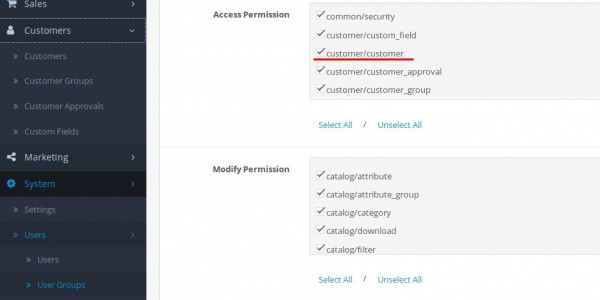Why do we ask for login details?
We get asked this around 3-4 times a day so I thought I would clarify why we require a website's login details when we need to look into an issue. The best way to describe it is comparing it to looking at a fault in a car. If you explain to a car mechanic that your car's brakes are making a funny noise but you will not allow them to look under the bonnet or under the car to check the problem, then the issue will be hard to fathom. The car mechanic may have an idea why the brakes are not working properly but they would need to be 100% sure before giving an estimate for the work. This is exactly the same when it comes to finding out why an issue has arisen with a website. We might have an inclination as to what the issue is and how to fix it but we do not want to just presume, hence the need to dig a little deeper into the back-end of the website.
How can we trust a stranger with our login details?
Ok fair point but if we go back to the car analogy then how can you trust a car mechanic looking under the bonnet of your car and then leaving them the keys when they work on the car? They could steal the car or information left in the car? Yes it could happen but the chances are very very slim as the company would go out of business very very quickly if this were to happen (as well as the Police getting involved). It is the same when it comes to website login details, you have to be able to trust us that we use the information to only look into the issue.
Can you create login details just for a company?
Yes that is correct you can create login details for a specific company and then delete these details once the need has passed. This should give you peace of mind that login details will not be stored and only used on your terms.
Is there any other way around to give an estimate without login details?
Sometimes yes for example if we are estimating on an OpenCart upgrade then we would only need to know the OpenCart version you are using, the extension that are installed and any custom work that has been done on the website. However the vast majority of the time we would need login details to be able to look into the back-end of the website and see a) what the issue is, b) whether we can fix it and c) how long it will take to fix, which in turn means we can give a more accurate estimate on the work.
Will you be able to see customer details and company information?
As highlighted before you can create specific login details just for a company which means you can lock certain parts of the website such as customer information or company details. The screenshot below highlights how you can do this:

Will you be able to carry out the work without them?
We get this one quite a bit as well but no we won’t. To go back to the car analogy this is like locking the car and not giving the keys to the mechanic but expecting them to carry out the work. If you want us to carry out the work then you will have to provide us with the login details so we can provide an estimate, quote and carry out the work.
Which are which?
Sometimes we require more than one set of login details, so this is a rundown of what does what:
OpenCart Admin - these are what they say on the tin. We often need these to check settings, check error logs, re-install extensions and fix any underlying PHP code.
FTP Details - these will consist of a "host name", user name and password. These allow us to edit the PHP code that controls the website which is obviously an essential part when looking into and fixing an issue.
Hosting Control Panel (also known as cPanel or Plesk which are both brand names) - most hosts provide some sort of control panel to manage your hosting; these will be with the company that you pay (either montly or yearly) for hosting.
Domain Name - this is where the domain name (yoursite.com) was originally purchased, probably around £10 per year and is often someone like 123-reg, Go-Daddy, 1&1 etc.
I hope this clears up why we need and require the different login details. We will highlight which login details we need on a case by case basis.
blog comments powered by Disqus


















